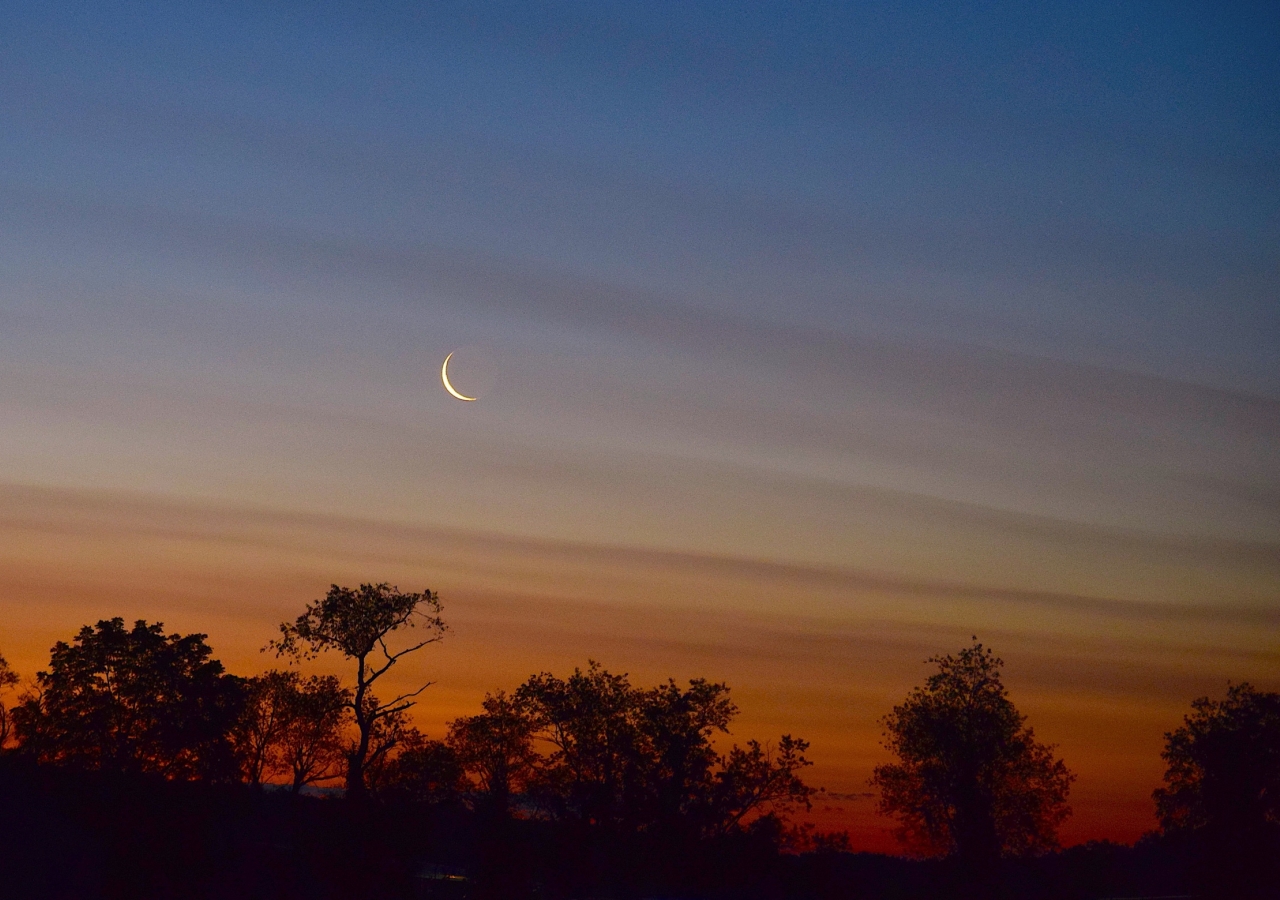Eid al-Fitr is an Arabic term which means the ‘festival of breaking (the fast).’ The festival marks the culmination of the month of Ramadan, during which Muslims turn inwards through fasting and spiritual devotion; and outwards through acts of kindness and compassion.
Historically, Muslims have celebrated Eid al-Fitr since the time of Prophet Muhammad (may peace be upon him and his family), emphasising our values of spiritual upliftment and generosity towards those facing difficulty and hardship. It is an occasion of peace, happiness, joy, and festivity.
During Fatimid times, Ismaili Imam-Caliphs used to address believers on the day of Eid in a Khutba (sermon). In an Eid address in the 10th century CE, Mawlana al-Qaim told a gathered assembly of believers that this day of Eid is a festival that Allah honours and exalts. He counsels Muslims on this day to “be faithful in your intentions and submit your requests to God.”
Traditionally, Eid al-Fitr begins at sunset on the night of the first sighting of the crescent moon, marking the beginning of the month of Shawwal. In some countries in the Middle East and Asia, the festival is a public holiday, and is celebrated for one to three days.
It was Eid al-Fitr when Mawlana Hazar Imam, at the tender age of seven, recited the Eid namaz at Nairobi's Town Jamatkhana in 1944.
During the early weeks of the covid-19 pandemic, Mawlana Hazar Imam sent a message of hope, happiness, and generosity to the global Jamat on the occasion of Eid in May 2020. He said:
“On the occasion of Eid ul-Fitr, I send my special loving blessings to my Jamats throughout the world for your happiness, peace, safety, and good health. … It is my wish that my Jamat should look to the future with hope and courage, in keeping with its age-old tradition of unity, generosity and mutual support which has at all times enabled it to move forward to a position of enhanced strength and resilience, from generation to generation.
My spiritual children should always remain mindful that it is the principles of our faith that will bring peace and solace in these times of uncertainty. I am with my Jamat at all times, and each of you, individually, is always in my heart, in my thoughts and in my prayers.”
As we celebrate Eid, we express our gratitude for the blessings which have graced our lives. On this day, we extend our compassion and our generosity to our brothers and sisters in faith, and to humanity as a whole.
The Ismaili wishes you and your family a joyous and heartfelt Eid Mubarak!









